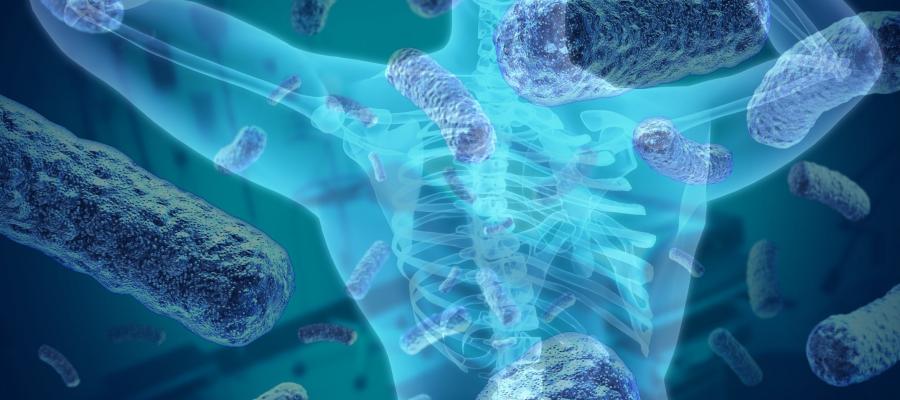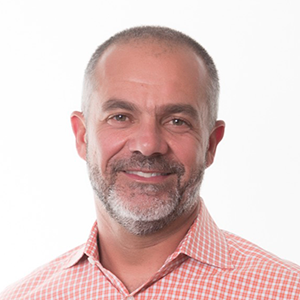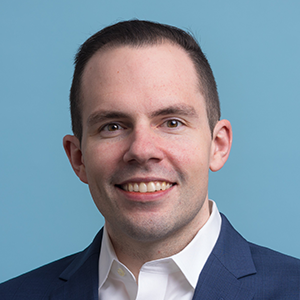The human microbiome has been proposed to form an integral part of human health and its role in disease is a part of large investigations. Furthermore, the microbiome is under evaluation as both a source of therapeutics as well as diagnostics. The current state of the science and medicine in relation to precision medicine approaches will be discussed.
Session Chair Profile
Biography
Karim Dabbagh joined Second Genome in 2014. Prior, he served as Vice President of R&D at Pfizer where he led the Immunoregulation department, an R&D group focused on innovative approaches to elicit homeostatic immune responses for the treatment of immune related disorders. At Pfizer, he also led External R&D Innovation for Immunology, Neurosciences and Cardiovascular/Metabolic Therapy Areas. Before joining Pfizer, Karim was the founder of Modus BioMedicine, a biotechnology company focused on treatments for transplantation and autoimmune disease. Leading to that, Karim spent nine years at Roche in Inflammation Discovery Research. Karim obtained his PhD in Biochemistry from University College, London and his BSc (Hons) in Biotechnology from Imperial College, London. He completed postdoctoral fellowships at the Cardiovascular Research Institute at the University of California, San Francisco and at Stanford University where he worked on elucidating the role played by the microbiome in the hygiene hypothesis.
Speaker Profile
Biography
Ethan Grant joined Gilead Sciences in 2016 and currently leads efforts to implement biomarker analysis strategies in inflammatory bowel disease and autoimmune disease clinical trials. In addition, he leads a cross-functional team within the company exploring the influence of the gut microbiome on therapeutic responses. Prior to Gilead, Ethan provided biomarker expertise for clinical studies in rheumatoid arthritis, lupus and other inflammatory diseases at MedImmune/AstraZeneca and held various positions in early drug development at Schering-Plough and Millennium Pharmaceuticals. Ethan obtained his PhD in Immunology at Harvard University and his BA in Biochemistry, Cell and Molecular Biology at Northwestern University.
Speaker Profile
Biography
Dr. Scott Plevy became Chief Scientific Officer of Synlogic Therapeutics in May 2019. He is a gastroenterologist and molecular immunologist who most recently served as Vice President, Gastroenterology Disease Area Leader and IL-23 Pathway Leader at Janssen Research & Development, LLC, after a successful career in academia. He has published over 100 refereed papers, served as the lead investigator on multiple early-phase clinical trials and performed translational research to advance the understanding of novel immunologic interventions in inflammatory bowel disease. Dr. Plevy earned both an M.D. degree and an A.B. in mathematics from Columbia University and completed residency training in internal medicine at Brigham and Women’s Hospital in Boston. He subsequently completed a clinical fellowship in gastroenterology at the University of California at Los Angeles (UCLA), and a postdoctoral research fellowship at the Howard Hughes Medical Institute, Department of Microbiology and Immunology, UCLA School of Medicine.
Speaker Profile
Biography
Dr. Dave Ousterout is a co-founder and Chief Scientific Officer for Locus Biosciences. Dave’s expertise is in protein engineering and early stage applications of new technologies to treat human diseases. Dr. Ousterout earned a BS in Biological & Environmental Engineering from Cornell University, an MS in Biomedical Engineering from Duke University and a PhD in Biomedical Engineering from Duke University. Dave completed his doctoral studies at Duke University in the lab of Dr. Charles Gersbach, where he developed novel gene editing approaches for correcting mutations that cause Duchenne muscular dystrophy. His other work has spanned across several fields, including designing and engineering viral and non-viral delivery vectors, DNA binding protein engineering and gene regulation. Prior to Locus, Dave was a consultant at McKinsey & Company.















